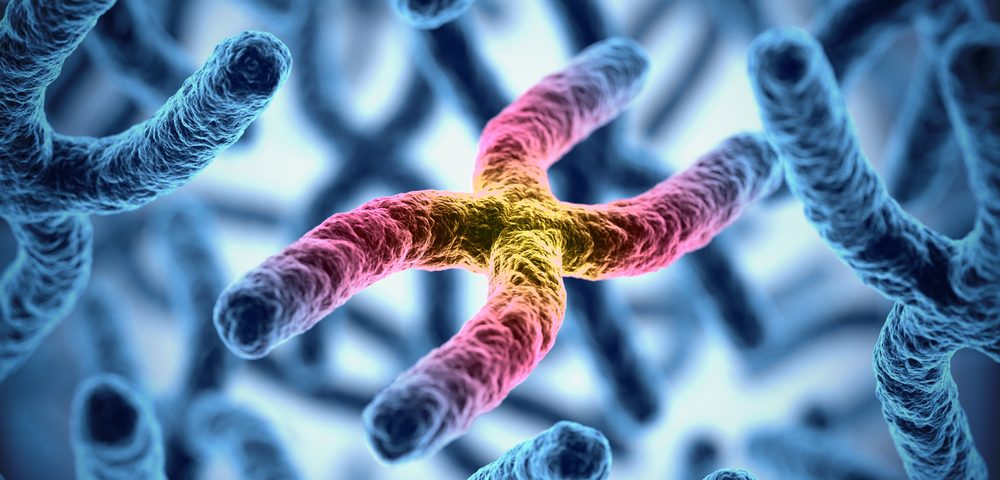A new study suggests that mutations in the BAP1 gene, a tumor suppressor that has been implicated in tumor development in several different types of cancer, may improve clinical stratification and prognostication in certain tumor types, but not in mesothelioma.
The study, “Tissue-specific significance of BAP1 gene mutation in prognostic prediction and molecular taxonomy among different types of cancer,” was published on SAGE Journals.
The BAP1 gene (BRCA1-associated protein 1) has been identified recently as a tumor suppressor gene. Its inactivating mutations have been identified in several different types of cancers, including uveal melanoma, malignant pleural mesothelioma, clear cell renal cell carcinoma, and cholangiocarcinoma (bile duct cancer).
BAP1 mutations also have been correlated with metastatic tumor progression and poor prognosis. However, there currently is no consensus on the prognostic role of BAP1 mutations.
To further define the role of BAP1 gene mutations in the molecular stratification of multiple types of cancers, researchers analyzed a number of studies to determine the impact of BAP1 mutations on overall survival and disease-free survival.
A total of 2,457 patients from 21 studies published during 2010-2016 were included. Studies were mainly from the U.S., Europe, and Asia.
All together, 15 studies assessed the impact of BAP1 mutations and overall survival, and 11 studies looked for a correlation between BAP1 mutations and disease-free survival.
The results showed that while BAP1 mutation was negatively associated with overall survival, and those without BAP1 mutations being 73 percent more likely to survive, prognostic value was applicable only to uveal melanoma and clear cell renal cell carcinoma in which the mutation was consistently correlated with critical clinical features. BAP1 mutations increased the risk of death by 86 percent and 2.5-fold, respectively. In these cancer types, BAP-1 mutant tumors indicated a worse prognosis than other types of mutation-specific tumors.
Combination detection of BAP1 mutation and other types of mutations may improve molecular stratification and allow for more targeted therapies, according to the researchers.
“In conclusion, our study revealed the tissue-specific prognostic role of BAP1 mutation, which has practical implications for the clinical prognostic prediction in BAP1-associated cancers. Moreover, based on the integrated gene mutation profiles, we suggested that combining detection of BAP1 mutation and other driver mutations may further shed light on clinical stratification in BAP1-associated cancers,” the researchers stated.



One comment